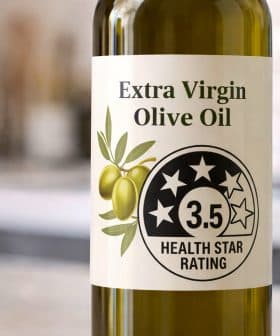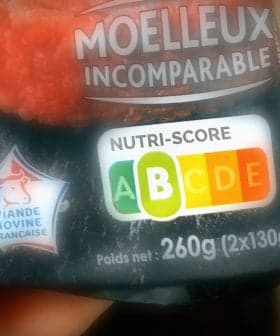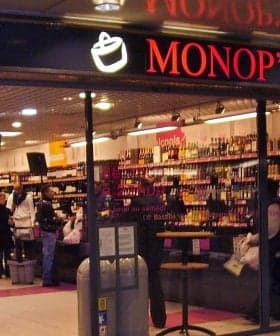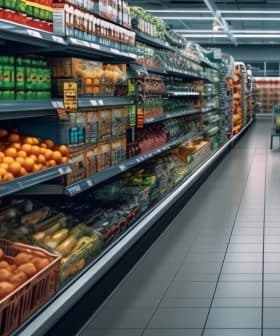Olive Oil Scandal Uncovered in France
120 tons of Spanish olives were milled in Provence and sold with the prestigious AOP labels of the region.
A major olive oil scandal in France involved the introduction of Spanish olives into mills in the Provence region, leading to the sale of oil under prestigious labels. Despite reinforced controls and penalties for olive oil fraud in the European Union, cases of mislabeling and fraud continue to be uncovered by authorities in France.
Another major olive oil scandal, this time in France, was reported by La Provence, in the famous Provence region known as being one of the best for quality olive oil production.
According to the report, between September 2014 and January 2015, 120 tons of Spanish olives were introduced in the mills in the region before the oil produced was put in bottles and sold under prestigious labels and entitled to the AOP (appellation d’origine protégée) designation that is supposed to certify the origin of the products.
See Also:Articles on Olive Oil Fraud
In the small town Mouriès, a man finally admitted his guilt, explaining that he wanted to make illegal profits after the ravages caused by the olive fruit fly. He decided to import and mix the olives from Provence with some from Andalusia (Spain) with the help of another man.
The Spanish olives were brought to nine different mills in three areas: five in the Bouches-du-Rhône, one between Arles and Lancon-Provence, three in the Var and Gard.
Once pressed, the Spanish olives were sold under three different labels: AOP Vallée des Baux, AOP Provence and Olives françaises. What was also being investigated was whether the mills, some of which are well-known, dealt with the suspect knowingly.
“Lying about the origin of olives leads to fraud in France” said one person who is close to the case. In five months, the operation was believed to have generated €300,000 ($334,663) in sales.
“It is quite possible that millers have shut their eyes on the origin of the olives. With the damage caused by the olives flies, it thus suited everyone,” commented one person working on the case. Spanish olives are a fraction of the cost of the local French ones.
Theoretically, a seller must provide the mill with a plot statement which brings a guarantee to the origin of his goods. The suspect, who knew the market quite well but was not growing his own olives, used an old document from someone else.
“Even though the fraud is serious, it could only affect 7 or 8 percent of the total volume of oil,” said Olivier Nasles, the president of Afidol (the inter-profession olive oil association in France).
There have been several fraud cases like this one in France and in Europe. In 2005, Afidol spoke of several tons of oil made from Spanish olives and sold under the “Provence” or similar labels by two sellers based in Arles.
In 2012, it was estimated that one bottle out of four sold in the famous markets of Provence was actually carrying a fraudulent label.
Many frauds in the 2014 – 2015 harvest season are thought to have occurred, mainly due to the drop in oil production in Provence caused by the olive fly.
In 2012, an Italian study published by La Repubblica estimated that 4 bottles out of 5 sold as “Italian” extra virgin olive oil were actually cut with foreign oil.
In early 2015, the European Union reinforced its controls and penalties for olive oil fraud, but there is still a lot to be done. In France, it is the DGCCRF (Directorate General for Competition, Consumer Affairs and Fraud Control) which tracks such practices. The latest results published in January, showed that 348 places were checked, at different stages of the production process.
There were many label problems in the findings. In 8 percent of the inspected oils, the origins were not specified. Some labels also mentioned that the oil was of French origin, even though it was not the case. And the DGCCRF have seen cases of bottles without labels or with an incomplete label or only in a foreign language.
Protected designations of origin (PDO) or controlled designations of origin (AOC) are sometimes used indiscriminately, referring to a non-AOC, for example such as “AOC Provence.”
The total of 46 percent non-compliant samples still showed some progress as it represented a drop from 57.3 percent in 2014. “The educational effort undertaken by small companies in this sector seems to be working,” said the DGCCRF.









